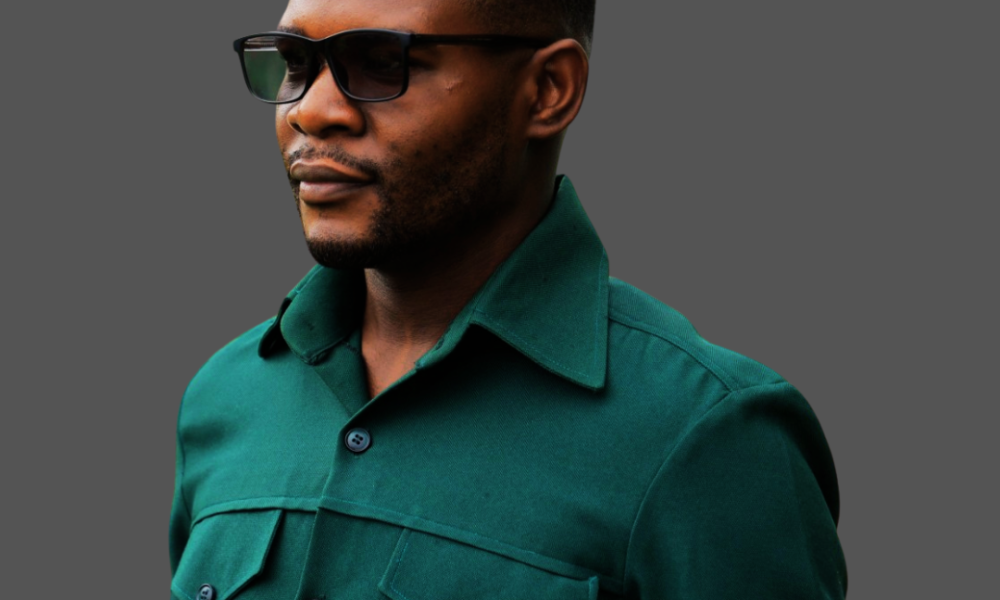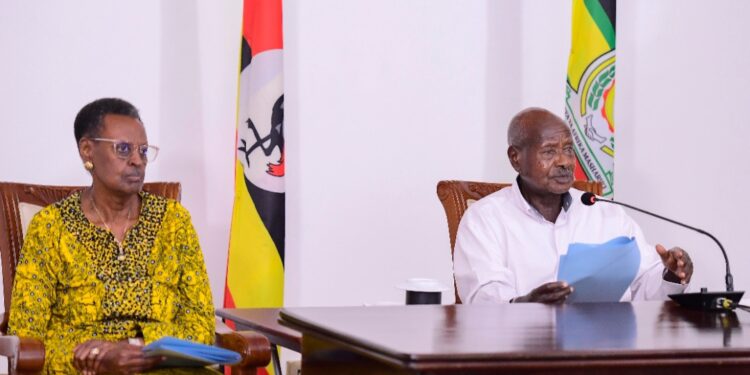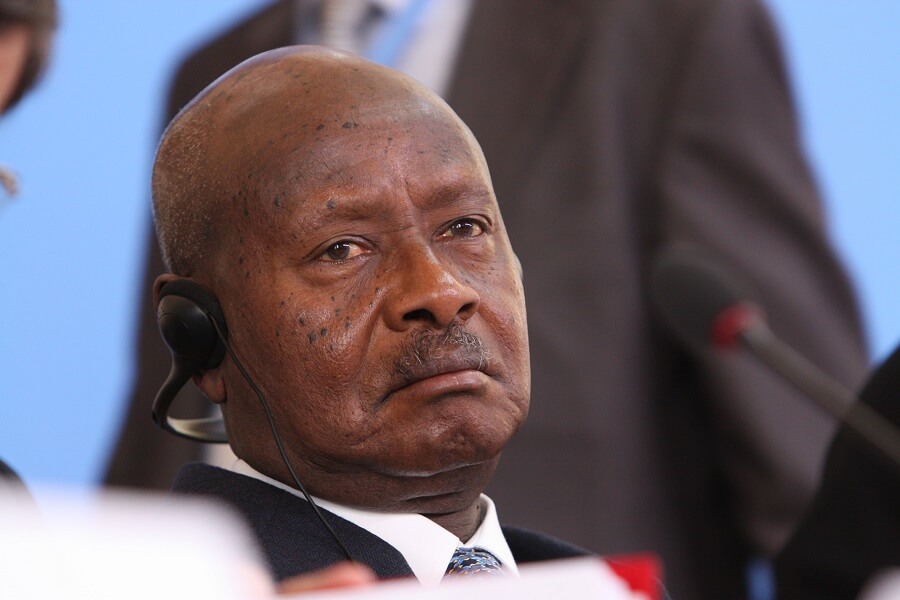President Yoweri Kaguta Museveni’s recent directive banning police bonds for “village thieves” marks yet another troubling escalation in Uganda’s approach to law enforcement. While framed as a measure to curb rampant crime and inefficiency, this move risks exacerbating human rights violations and perpetuating the culture of impunity within state security forces.
Museveni’s insistence on “firm legal handling of criminals” and his praise for military court interventions in Karamoja highlight a broader trend: the militarization of Uganda’s justice system. The President’s own words—citing the detention of over 3,000 individuals in military jails as a symbol of success—raise red flags about the erosion of due process. His remarks do not account for whether these individuals received fair trials or if the conditions of their detention align with international human rights standards.
By banning police bonds, Museveni is essentially preempting the judiciary’s role in determining bail, a fundamental right guaranteed under Uganda’s Constitution and international law. This directive not only undermines the independence of law enforcement and judicial institutions but also sets a dangerous precedent for arbitrary detention. Police officers, fearful of reprisals, may now opt to detain suspects indefinitely, bypassing proper investigations and the court system altogether.
Moreover, this decision disproportionately affects rural and impoverished Ugandans, who are often unable to navigate or afford the complexities of the legal system. Branding such suspects as “village thieves” dehumanizes them and oversimplifies the socio-economic factors driving petty crimes. Instead of addressing the root causes of these offenses—poverty, unemployment, and systemic inequality—Museveni’s directive leans heavily on punitive measures that criminalize survival.
While Museveni acknowledges the need to rehabilitate offenders through skilling programs, this rhetoric rings hollow when juxtaposed with the broader context of Uganda’s governance. Corruption scandals, unchecked state violence, and a lack of investment in education and employment opportunities suggest that the regime is more interested in consolidating control than in fostering genuine social reform.
The President’s celebratory tone regarding military interventions further underscores the administration’s preference for coercion over dialogue. Deploying Local Defense Units (LDUs) to tackle issues like theft or premature coffee harvesting reflects an alarming trend of normalizing militarized responses to civilian challenges. This approach not only heightens tensions but also risks escalating violence, as seen in past incidents where LDUs have been implicated in extrajudicial killings and abuses.
While Museveni’s end-of-year address touched on achievements such as hosting CHAN and AFCON, these successes cannot overshadow the growing authoritarian tilt of his governance. The ban on police bonds, combined with his justification of state crackdowns, paints a grim picture for Uganda’s democratic trajectory.
If Museveni is serious about addressing crime and uplifting rural communities, his administration must prioritize systemic reforms over reactionary measures. Strengthening judicial independence, investing in poverty alleviation programs, and addressing governance deficits are far more effective—and ethical—than perpetuating a cycle of repression and marginalization.
As Uganda enters 2025, the challenge for its citizens and civil society lies in holding the government accountable to these principles. Without collective action, Museveni’s policies risk further entrenching inequality and eroding the very foundations of justice and democracy.
Male Deogratius : Museveni’s Police Bond Ban Fuels Human Rights Concerns Amidst Political Posturing


By Amiri Wabusimba.
Under the three-decade rule of President Yoweri Museveni, Uganda has transformed into a perilous environment for journalists. The regime’s relentless suppression of dissent, rampant corruption, and systematic human rights violations have fostered an atmosphere of fear and intimidation for those committed to reporting the truth.
Journalists in Uganda face constant threats, including physical violence, arbitrary arrests, detention, and torture without due process. Security forces frequently use abductions and forced disappearances to silence dissent and intimidate the media. Several journalists have been injured with impunity or forced into exile, amplifying the climate of fear.
Corruption is deeply entrenched in Uganda, undermining the media’s ability to hold the government accountable. Many media owners maintain close affiliations with the ruling party or have financial interests that skew their editorial decisions. As a result, critical reporting on government corruption is often suppressed or diluted, depriving the public of access to the truth.
The media industry in Uganda is rife with exploitation, characterized by low pay, overwork, and inadequate benefits. Many media outlets exploit interns and volunteers as cheap labor, leaving journalists financially vulnerable and susceptible to manipulation and coercion by media owners. Since assuming power in 1986, President Museveni has employed authoritarian tactics to stifle dissent. Arrests, abductions, and forced exile of journalists have become common tools to suppress the free press. The government has curtailed online freedom of expression by blocking social media platforms like Facebook during elections and imposing a controversial social media tax, which was later dropped after the 2021 elections. These measures severely hamper journalists’ ability to disseminate information and engage with their audiences.
Uganda’s elections, particularly in 2020 and earlier cycles, have been marred by violence and repression, significantly affecting both journalists and the public. During the lead-up to the 2021 general elections, journalists faced harassment, beatings, and arrests while covering opposition campaigns and protests. Security forces often employed excessive force, resulting in deaths, injuries, and widespread fear. The 2020 protests following the arrest of opposition leader Robert Kyagulanyi (Bobi Wine) were particularly brutal, with security forces firing live ammunition into crowds, killing dozens of civilians and injuring many more. Media outlets reporting on these events faced censorship, intimidation, and shutdowns, further restricting the flow of information.
Despite these immense challenges, Ugandan journalists continue to fight for their rights and those of their fellow citizens. Organizations like the Human Rights Network for Journalists-Uganda (HRNJ-Uganda) actively advocate for press freedom, provide training, and support journalists under attack. The international community must stand in solidarity with Uganda’s journalists, recognizing their critical role in promoting democracy, transparency, and accountability. Diplomatic pressure on the Ugandan government, along with financial support and training for local journalists, is essential for fostering a freer press.
As Uganda approaches the 2026 elections, concerns mount over potential escalations of violence and repression reminiscent of previous election cycles. Sustained advocacy and solidarity are crucial in ensuring press freedom and the public’s right to information. Journalism in Uganda is a high-stakes profession. Those who persist in reporting the truth, often at great personal cost, deserve unwavering admiration and support. Through collective efforts, the fight for a free press and a brighter future for Uganda remains a cause worth championing.
Author is a diplomatic Scholar, Journalist, political analyst and Human Right activist
Tel: +56775103895 email: [email protected].
Journalism under the Shadow of Repression and Exploitation in Museveni’s Uganda.
News
Muni Long Claims J Cole Walked Out Of A Studio Session Due To Her Trash Talking

Join this channel to get access to perks:
https://www.youtube.com/channel/UCE08U2ONFMOjV8TX2o3RQbA/join
Give thurmbs Up if you like this Video.
SUBSCRIBE. SHARE. LIKE. COMMENT
► Subscribe To
https://www.youtube.com/channel/UCE08U2ONFMOjV8TX2o3RQbA
DISCLAIMER: Content might be gossip, rumors, or exaggerated – based on trending news on social media, Twitter and otherwise. Viewers are advised to do their own research before forming their opinion.
ENTERTAINMENT I LIFESTYLE I POLITICS I SPORTS I POLITICS I PROMOTION
**************** *************. **********. *********. ********* **************
………………………………………………………………….
source
News
Emmanuel Acho Suspiciously Deletes Video Following Joy Taylor Being Accused Of Having Sexual Relatio

Join this channel to get access to perks:
https://www.youtube.com/channel/UCE08U2ONFMOjV8TX2o3RQbA/join
Give thurmbs Up if you like this Video.
SUBSCRIBE. SHARE. LIKE. COMMENT
► Subscribe To
https://www.youtube.com/channel/UCE08U2ONFMOjV8TX2o3RQbA
DISCLAIMER: Content might be gossip, rumors, or exaggerated – based on trending news on social media, Twitter and otherwise. Viewers are advised to do their own research before forming their opinion.
ENTERTAINMENT I LIFESTYLE I POLITICS I SPORTS I POLITICS I PROMOTION
**************** *************. **********. *********. ********* **************
………………………………………………………………….
source








